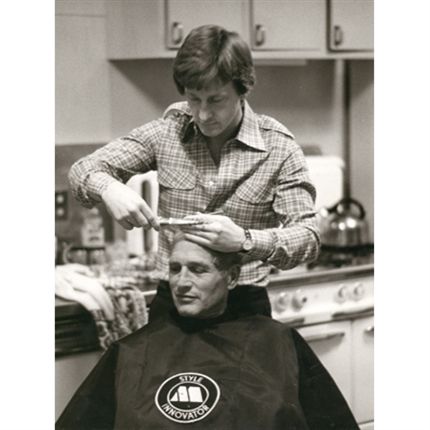What Paul Newman Told Jim Markham…And He Never Forgot It
Celebrity styling, professional education, natural ingredients and sulfate-free color: this is how they all started. Building a career with celebrity clients. Bespoke professional products. Natural, vegan ingredients. Sulfate- and salt-free color care. All of these are a matter of course in salons today, but that wasn’t always the case. Jim Markham, the founder of ColorProof Evolved Color Care—and before that, PureOlogy Serious Colour Care, ABBA Pure & Natural and Markham Products—was the first to understand how all of these things could improve and propel the careers of professionals—including his own. Originally a champion hairstylist and salon owner...





 or
or






